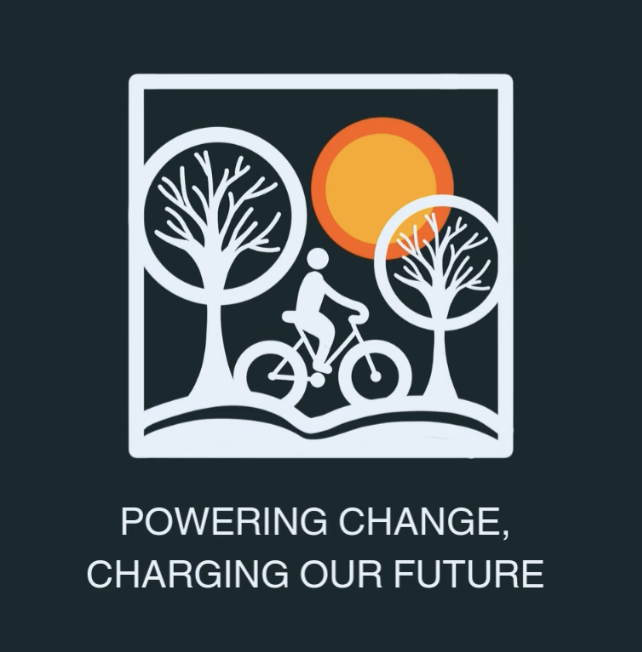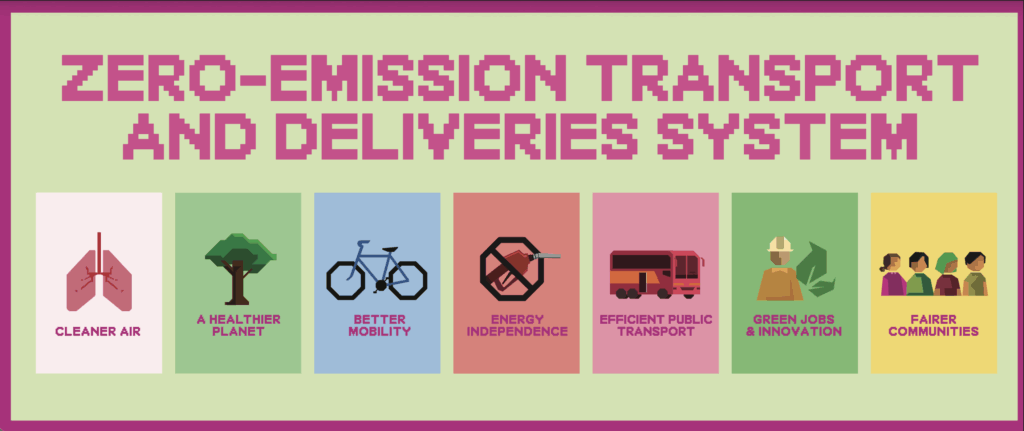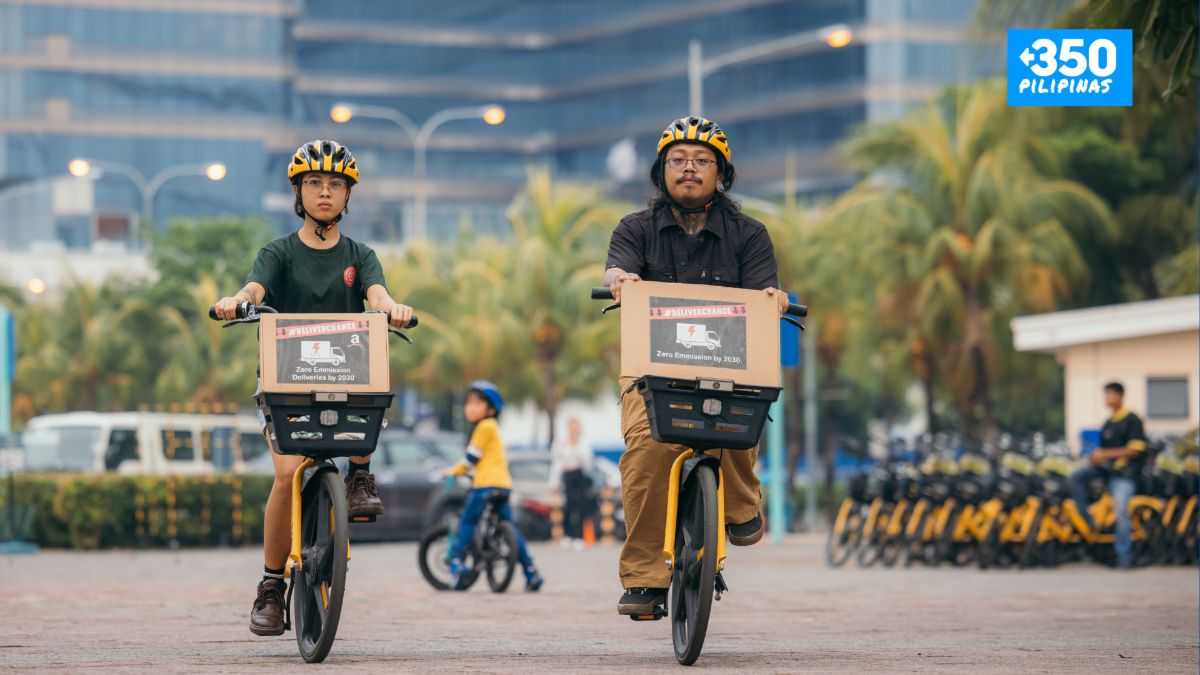Documenting Prospects and Challenges of Vehicle Fleet Electrification in First and Last Mile Transportation
Sustainable Transport
Sustainable transport goes beyond simply moving people from one place to another—it is about creating a system that is environmentally sound, socially inclusive, and economically viable. At its heart, sustainable transport reduces greenhouse gas emissions and air pollution and ensures that mobility and transportation remain a fundamental right for all. It recognizes the importance of accessibility, safety, convenience, affordability, and equity, especially for communities that rely heavily on public transport for their daily needs.
In the Philippine context, sustainable transport also means addressing the realities of urban congestion, the vulnerability of marginalized commuters, and the critical role of transport workers including drivers, operators, technicians, businesses, and government in shaping the future of transportation. It considers the whole ecosystem—from infrastructure and fleet management to maintenance systems, livelihoods of transport workers, and commuters wellbeing—ensuring that solutions are not only technologically advanced but also socially just and locally grounded.
Electrification of public transport fleets plays a pivotal role in this transition. However, achieving sustainability requires more than the adoption of technologies and electric vehicles; it demands an approach that balances innovation with fairness, resilience, and long-term community ownership. By framing transportation as a shared responsibility, sustainable transport invites collaboration across sectors and levels of society to build a future where transport contributes to both climate action and social well-being.
This program explores the evolving landscape of electric vehicle (EV) adoption on daily commute and public transportation in urban centers, with a focus on Metro Manila. By documenting the practices, prospects, and challenges of EV adoption—we aim to shed light on how electrification can be used to reshape mobility and transportation in ways that are both sustainable and just.
The project involves field visits, interviews, and the production of short multimedia features. These stories spotlights a range of perspectives, from individual choices to local government initiatives, and will be shared through targeted screenings to spark public awareness, dialogue and reflection. At its core, the initiative seeks to provide case studies that not only outline the benefits of EV adoption but also grapple with the hurdles faced by individual electric bike commuters, delivery service riders, manufacturers, distributors, transport workers, and local government.
The transport sector is the 3rd largest contributor of greenhouse gas emission in the Philippines, thus the need to decarbonize the transportation sector is very crucial, yet achieving meaningful progress requires more than technological solutions. It demands approaches that address socio-economic realities—such as accessibility, local industry readiness, the availability of spare parts, fleet management, and fair compensation for drivers. Lessons from past modernization efforts, including the jeepney sector, remind us of the risks of leaving communities behind in the name of progress.
Through this project, we emphasize that a just transition in transport is possible—and essential. By capturing the lived experiences of individuals, businesses and local governments in navigating the shift toward EV adoption on public transportation, we aim to highlight the potential benefits and challenges associated with sustainable transportation practices. Through these narratives, we seek to emphasize the collective responsibility of society in driving positive change toward a greener and more sustainable future.
Charging our Future Series
#ChargingOurFuture Episode 1: Exion Cycles
The pilot episode for Charging Our Future explores pedal-assisted bicycles from the perspective of a retailer and workers.
Joshua Gan, the owner of Exion Cycles emphasized how better infrastructures can lead to more people choosing sustainable transport, including bicycles and electric bicycles Sarah Francesca Aguja, a food-delivery rider expressed how cycling can be a source of living, her experiences as a delivery rider echoes the need for ensuring safer roads, reduction of emissions, and opportunities to earn. Paul John Oricio, a bike mechanic explains how repairs and maintenance are vital to ensure not only the safety of the bike users, but also the role of workers in contributing to a circular economy Their stories delves into areas of sustainable transport and bridges into the topics of labor, circular economy, and sustainable cities. The series, Powering Change: Charging Our Future aims to highlight the significance of integrating public transport fleet electrification by showcasing various pivots, from individual choices to community-driven initiatives. This raises conversations about the benefits and potential hurdles of EV adoption to highlight pragmatic approaches that can be done towards achieving a just transition in the transport sector. Charging our future, one pedal at a time
#ChargingOurFuture Episode 2: Geri
The second part of the series, Charging Our Future delves into narrative of a bike commuter, how it can empower women, ensure a sustainable lifestyle through bike assist, and how bike commuting is a traffic solution 350 Pilipinas joined Geri, a working mother, as she travels daily from Makati to Mandaluyong via EDSA using her bicycle. “For a woman to be able to move independently, ibang level ng empowerment ang naibibigay nun sa isang babae (riding a bicycle). Pag nabigyan siya ng kalayaan na makagalaw lalo na when it comes to active mobility malaking impact yun sa buhay niya at sa buhay ng mga taong nasa paligid nya.” (For a woman to be able to move independently, [riding a bicycle] provides a different level of empowerment to a woman. A woman given the freedom to participate especially when it comes to active mobility brings great impact to her and for the people around her.) Geri believes that enhancing our bike infrastructure to support bike commuting will not only change people’s perceptions of cyclists for the better, but also help reduce air pollution and alleviate the heavy traffic we currently face.
#ChargingOurFuture Episode 3: CHRG
The third part of the series, Charging Our Future, explores how electric vehicles (EVs) can be powered by renewable energy to ensure sustainability, cost efficiency, and long-term viability. CHRG EV Technologies highlighted the role of research and the importance of sustainable transport by prioritizing the local production of all components. Initiatives similar to solar power charging stations, can meet energy requirements of EVs using renewable sources providing cleaner and cheaper services and most importantly displacing fossil fuels in the transport sector
#ChargingOurFuture Episode 4: QC TTMD and CPDD
This 4th episode explores Quezon City’s initiatives on active transport and green transport, towards shifting to greener and electric tricycles as a feasible public transporation and how integrates in to city development Featuring interview with QC Traffic and Transport Management Department Benjamin Ibon III and Quezon City Planning and Development Office’s Mr. Allan Saleh De Vera
#ChargingOurFuture Episode 5 Libreng Sakay sa Quezon City!
The 5th episode of the #ChargingOurFuture series features an interview with Allana Mae Bernadette from the Public Transport Service Section (PTSS).
This episode explores sustainable transport through Quezon City Government ‘s electric city buses, which promote eco-friendly mobility while ensuring free and accessible transportation. These low-floored buses are designed for urban settings, providing convenience for people with disabilities (PWDs) and senior citizens. Integrating climate solutions into transport should prioritize public transportation, as well as the welfare of workers and commuters. Pushing for a safer and more inclusive mobility option should utilize cleaner and more efficient energy sources to promote sustainability.
This World EV Day, we recognize the vital role of electrification in advancing sustainable transport and emphasize the ongoing need for multi-stakeholder collaboration. What began as a private sector initiative has grown into a movement pushing for people-centered transport. Today, we celebrate EV Day through the voices of individuals, LEV distributors, charging station providers, and the integration of LGUs in public transport. Charging Our Future draws the line toward our shift away from fossil fuels, calling for a just transition powered by renewable energy.
Everyone depends on transport – commuters, drivers, workers, businesses, and government. A cleaner system will:
- Reduce air pollution that causes asthma, heart disease, and early deaths.
- Cut greenhouse gas emissions and help shield vulnerable communities from climate impacts.
- Improve mobility with safer streets for walking, cycling, and public transport.
- Lower fuel dependence by using affordable, homegrown renewable energy.
- Create green jobs in electric mobility, clean energy, and sustainable logistics.
- Build fairer communities with safe and accessible transport for all.
Support 350 Pilipinas campaign for clean air and safe climate
Pledge for Zero-Emissions Transport and Delivery Systems
Every day, Filipinos breathe air polluted by vehicles and delivery systems that run on fossil fuels. These systems keep our economy moving, but they also produce huge amounts of greenhouse gases that hurt our health and heat our planet.
In the Philippines, road vehicles create almost 90% of transport-related pollution. Globally, the logistics and delivery sector adds nearly a quarter of all transport emissions. This is a major driver of dirty air, high fuel costs, and growing climate risks.
But we can change this.
By shifting to zero-emission transport and delivery systems, we can clean our air, protect our climate, and build safer, more livable communities. This means using renewable energy, improving public transport, supporting walking and cycling, and moving goods through cleaner, electric delivery networks.
Everyone depends on transport – commuters, drivers, workers, businesses, and government. A cleaner system will:
- Reduce air pollution that causes asthma, heart disease, and early deaths.
- Cut greenhouse gas emissions and help shield vulnerable communities from climate impacts.
- Improve mobility with safer streets for walking, cycling, and public transport.
- Lower fuel dependence by using affordable, homegrown renewable energy.
- Create green jobs in electric mobility, clean energy, and sustainable logistics.
- Build fairer communities with safe and accessible transport for all.
Together, we can push for a zero-emission transport and delivery systems that protect our health, strengthens our communities, and helps move the Philippines toward a just and sustainable future.



